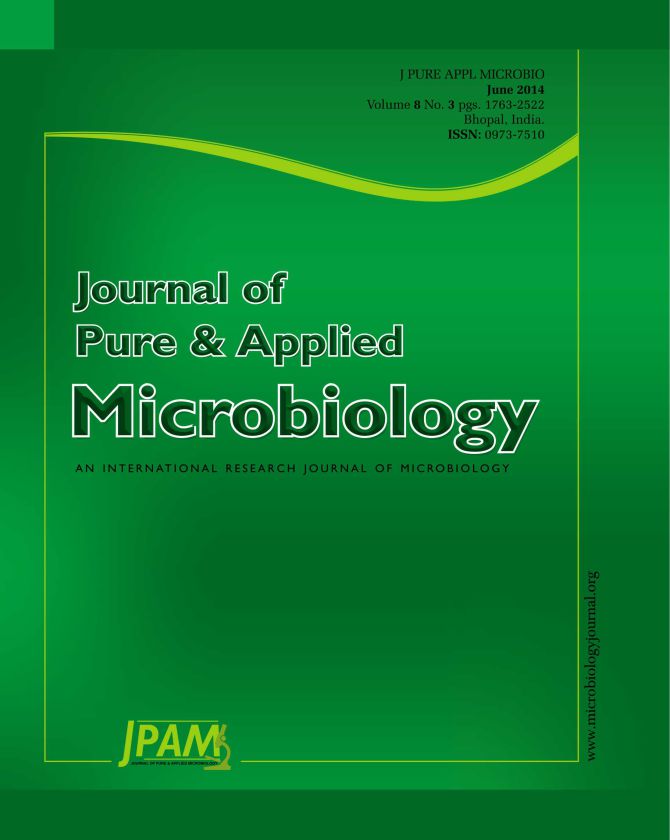Soil degradation threatened the fertility of purple paddy soil. A continuous field experiment with 12 years was conducted to evaluate the impact of long-term rice straw return on agronomic and microbial aspects of soil fertility and health. Compared with NPK fertilization alone (NPK), combined application of NPK fertilization together with straw return (NPKS) had higher soil organic carbon content and other tested parameters of soil fertility, resulting in an increase of 6.9% for grain yield and 10.5-16.2% for nutrient uptake, respectively. Concurrently, straw return flourished the amounts of fungi and especially actinomycetes and bacteria, and also boomed anaerobic bacteria such anaerobic cellulolytic bacteria, anaerobic fermentative bacteria, hydrogen-producing acetogen, methanogenic bacteria and denitrifying bacteria, but remarkably depressed the growth of anaerobic nitrogen-fixing bacteria. Both NPK and NPKS treatments increased activities of soil enzymes including invertase, urease, neutral phosphotase and catalase. Intensity of methanogenesis in soil with NPKS treatment was increased by 34.7%, whereas intensity of anaerobic nitrogen fixation was decreased by 37.2% when compared with NPK treatment. We concluded that straw return, as a simple and effective agronomic practice, should be recommended to sustain soil health and crop productivity in purple paddy soil.
Straw return, Purple soil, Soil fertility, soil microbes
© The Author(s) 2014. Open Access. This article is distributed under the terms of the Creative Commons Attribution 4.0 International License which permits unrestricted use, sharing, distribution, and reproduction in any medium, provided you give appropriate credit to the original author(s) and the source, provide a link to the Creative Commons license, and indicate if changes were made.


